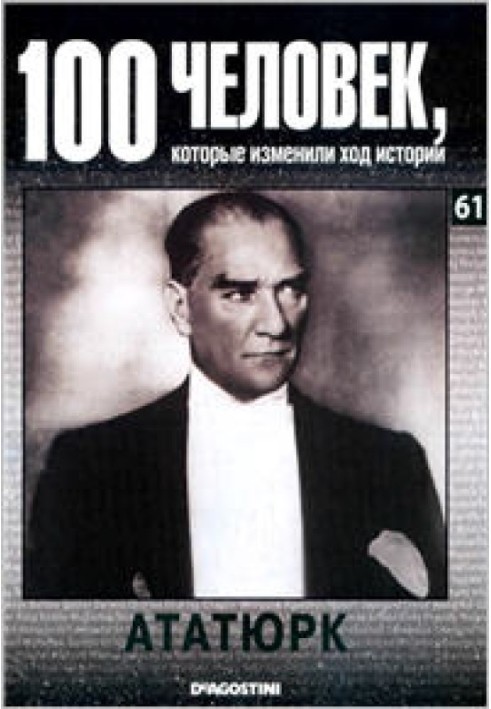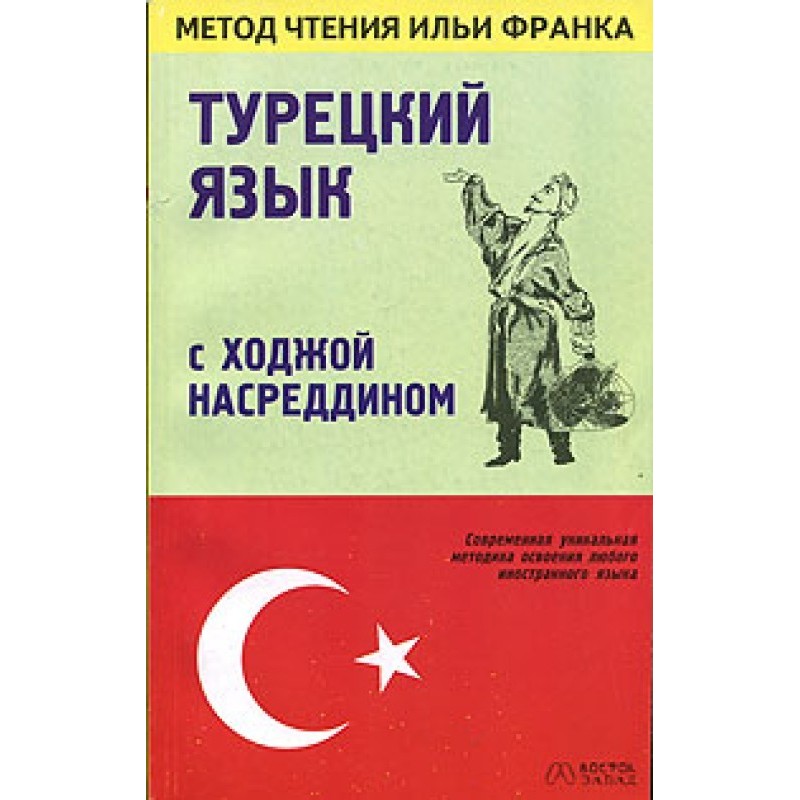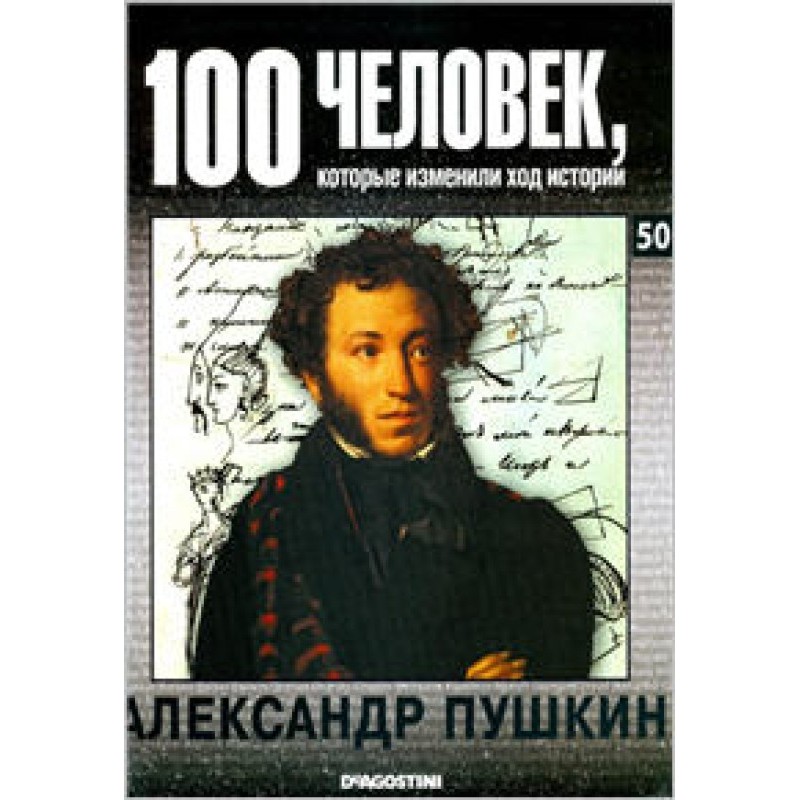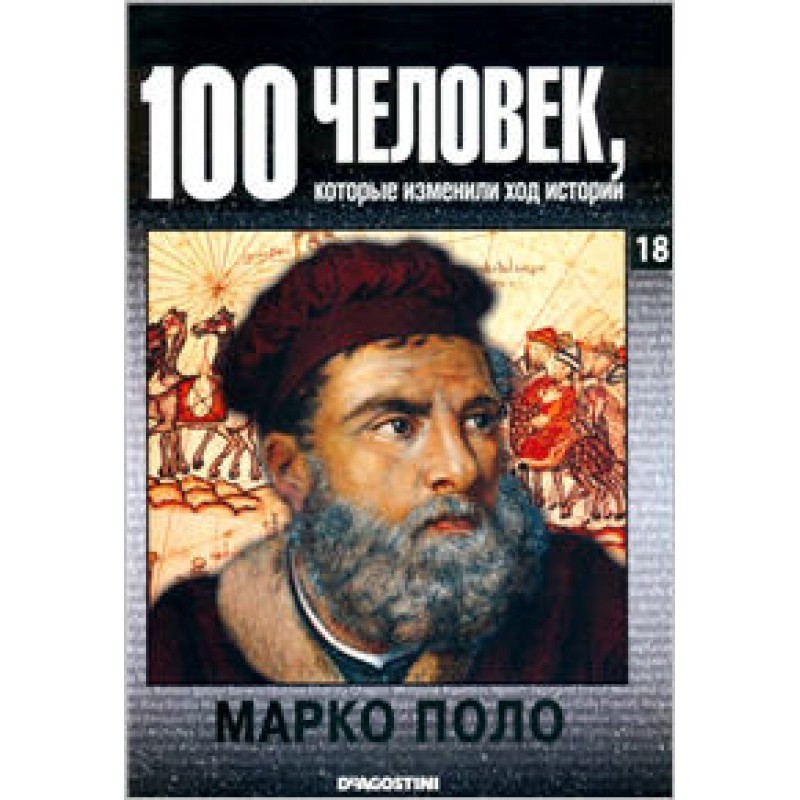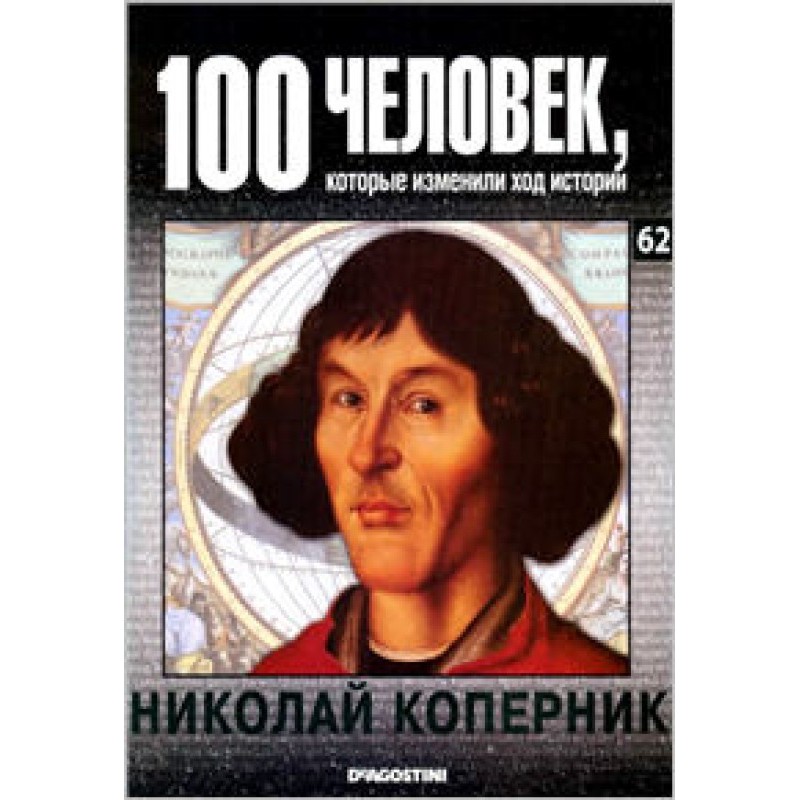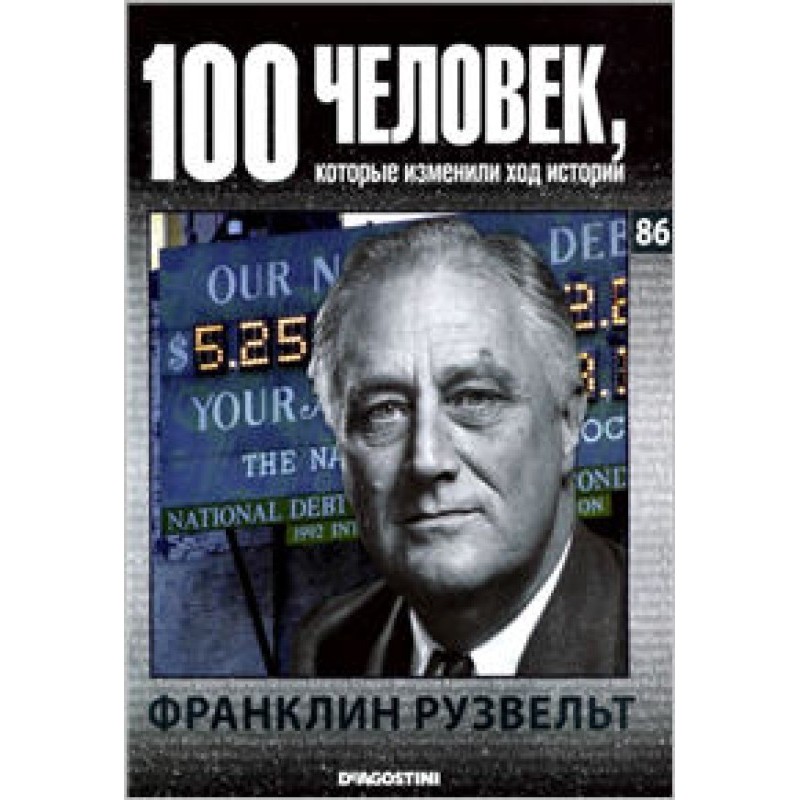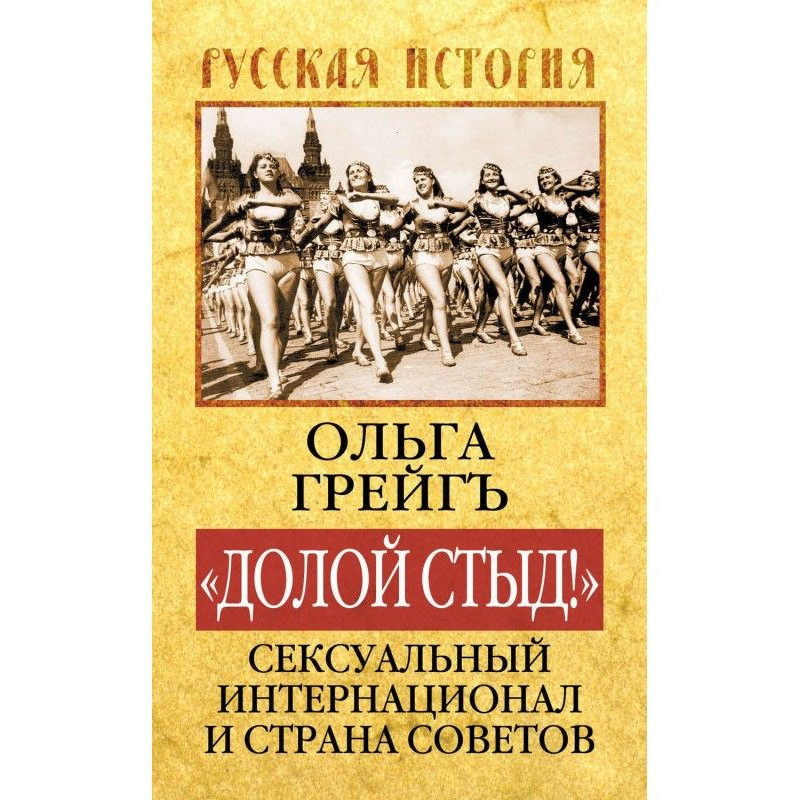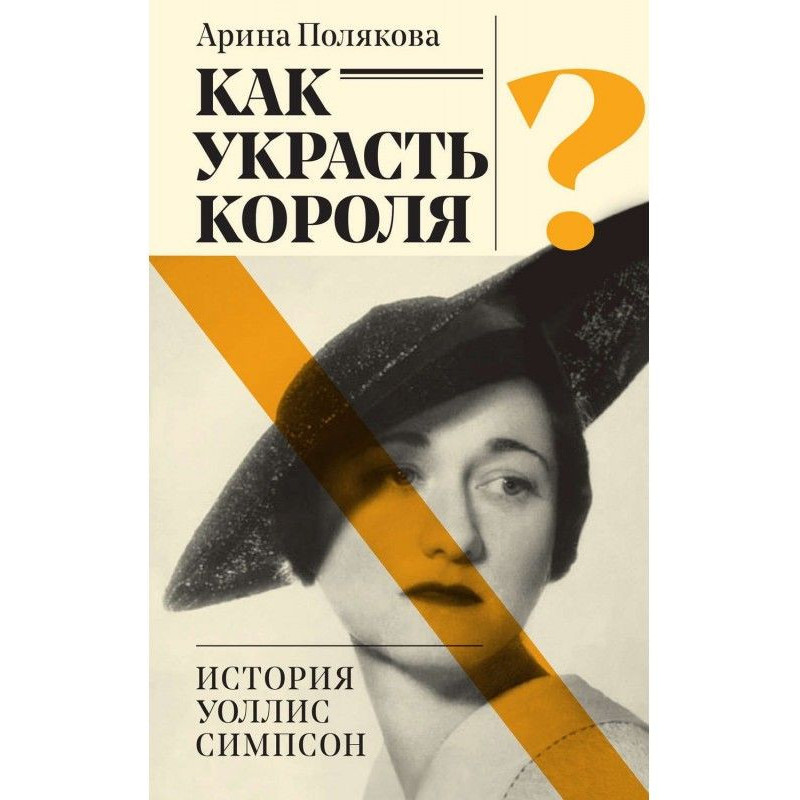Ataturk
 Instant download
Instant download
after payment (24/7)
 Wide range of formats
Wide range of formats
(for all gadgets)
 Full book
Full book
(including for Apple and Android)
At the end of the 19th century, the once great and brilliant state of the Turkish sultans - the Ottoman Empire - was going through difficult times. Finding itself under the threat of dismemberment, the country retained its independence thanks to the efforts of Mustafa Kemal Atatürk (1881-1938), a talented military strategist and politician. When it became clear that the Ottoman Empire had collapsed in World War I, Mustafa Kemal was not afraid to speak out against the foreign invaders invading Turkey. Despite the fact that the Turkish army was in many ways inferior to the Allied army, Kemal's decisive actions helped him ultimately achieve the liberation of his homeland. Many Turkish patriots dreamed of liberating their country, imagining it as a constitutional monarchy or an Islamic state, but Atatürk stubbornly fought to transform Turkey into a republic, believing that only with such a state system is it possible to achieve freedom and equality for everyone. Having become the first president of free Turkey, Ataturk carried out a number of decisive and bold reforms for those times: he created a powerful Turkish army, equalized rights for women and men, and introduced a new Latin alphabet. The skillfully carried out radical reforms of Mustafa Kemal led to the creation of a state oriented towards European values. Turkey to this day remains the only Muslim country in its region that has managed to establish a secular system of governance and at the same time maintain stability. However, despite the fact that during Ataturk’s presidency significant political transformations took place in Turkey due to the fact that Islam ceased to be the state religion, the contradictions between the modern model of a European secular state and Islamism, which is firmly entrenched in the consciousness, are still relevant for the modern Turkish Republic people. A striking illustration of this can be seen in the recent events of 2007, when attempts by the secular part of society to prevent the election of a supporter of Islamization as president of the country ended in a parliamentary crisis and early elections, in which the pro-Islamic Justice and Development Party again won, and Gul was nevertheless elected head of state. However, there was no radical turn towards Islam. Turkey is protected from such developments by its constitution, which allows it to ban any party, even the ruling one, if its policy encroaches on the principle of secularism of the state. The foundations of the secular institutions created by Ataturk have proven their strength.
Data sheet
- Name of the Author
- Анастасия Жаркова Евгеньевна
- Language
- Russian
Reviews
Вражаюча біографія великого реформатора
Книга "Ататюрк" - це справжній шедевр, який детально розкриває життя і діяльність Мустафи Кемаля Ататюрка, людини, яка змінила хід історії Туреччини. Автор вдало поєднує історичні факти з аналітичним підходом, що дозволяє читачеві зрозуміти, як Ататюрк зміг зберегти незалежність країни в умовах глобальних потрясінь. Читання цієї книги стало для мене справжнім відкриттям, адже я дізнався про безліч аспектів, які раніше були мені невідомі. Особливо вразила сміливість Ататюрка в проведенні реформ, які кардинально змінили суспільство, зокрема, в рівноправності жінок і чоловіків. Рекомендую цю книгу всім, хто цікавиться історією, політикою та соціальними змінами!
Непогане, але не без недоліків
Книга "Ататюрк" має свої сильні сторони, але, на жаль, не обійшлося і без недоліків. Хоча автор намагається охопити всі важливі аспекти життя Ататюрка, деякі моменти залишаються недостатньо розкритими. Наприклад, я б хотів дізнатися більше про особисте життя Ататюрка і його мотивацію до реформ. Також іноді стиль написання здається занадто академічним, що ускладнює сприйняття тексту. Проте для тих, хто цікавиться історією Туреччини, ця книга все ж варта уваги. Вона дає змогу зрозуміти, як важливою була роль Ататюрка у формуванні сучасної Туреччини.
Надзвичайно інформативна та надихаюча книга
"Ататюрк" - це книга, яка не лише інформує, але й надихає. Я вражений тим, як автор зміг зібрати в одному виданні таку велику кількість інформації про життя та діяльність Ататюрка. Його рішучість і відвага в боротьбі за незалежність Туреччини вражають, а реформи, які він запровадив, стали основою для сучасної держави. Читання цієї книги стало для мене справжнім уроком історії, і я отримав багато нових знань про політичні та соціальні зміни, які відбулися в країні. Рекомендую всім, хто хоче дізнатися більше про історію та політику Туреччини!
Книга потребує більшої глибини
На жаль, книга "Ататюрк" залишила в мені змішані враження. Хоча вона містить багато цікавих фактів про життя Мустафи Кемаля, я вважаю, що автор не зміг повністю розкрити його особистість і мотивацію. Деякі моменти виглядають поверхневими, і я б хотів побачити більше аналізу його рішень та їх наслідків. Також мені не вистачило контексту, щоб зрозуміти, чому певні реформи були настільки важливими для суспільства того часу. Книга може бути корисною для загального ознайомлення, але для глибшого розуміння теми, на жаль, вона не зовсім підходить.

